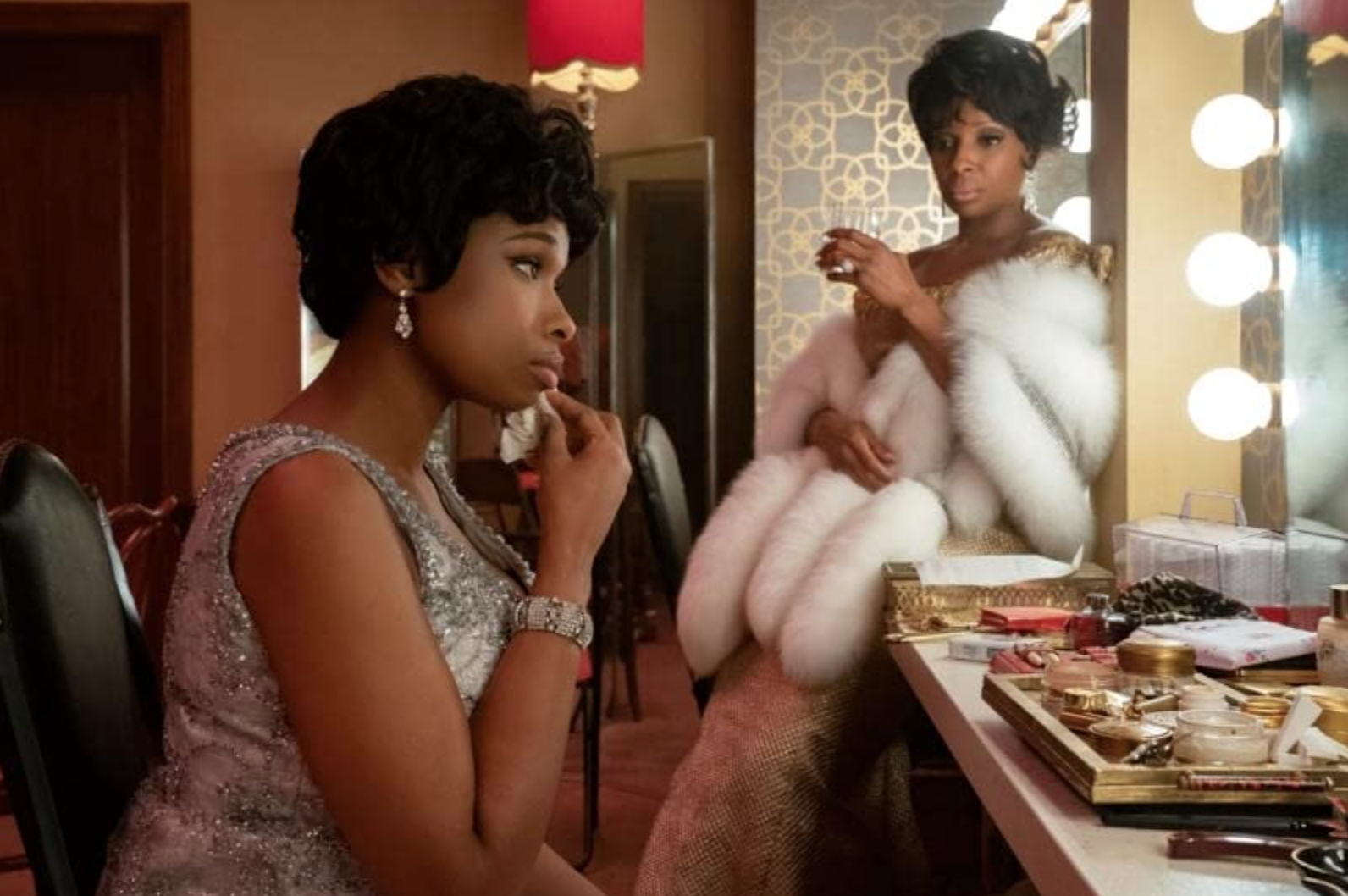By Jacob Collett, Psychology, Third Year
Despite powerhouse performances and beautiful production design, Liesl Tommy’s attempt to do justice to the extraordinary life of the queen of soul falls slightly flat in its sanitisation of tricky subject matters.

Respect brings the life of Aretha Franklin (played by Jennifer Hudson) to the screen, from her Baptist upbringing in 1950s Detroit right up to the recording of her bestselling live gospel album Amazing Grace in 1972. The first act centres on her difficult childhood - from the opening scene we are introduced to the controlling presence of her preacher father CL Franklin (played by Forest Whitaker), who brings her out to sing at parties but exerts a tight patriarchal grip on all other aspects of her life.
Transitioning to adulthood, the film follows Franklin’s career as she transforms from the shy young jazz singer in the early 60s, still trying to find her voice under the scrutiny of her father at Columbia records, to the international soul superstar performing at Madison Square Gardens. Her commercial success working at Atlantic records with Jerry Wexler (Marc Maron) is marred by her tumultuous relationship with her abusive husband and manager Ted White (Marlon Wayans).

Hudson flaunts her vocal chops throughout - no surprise considering she received Franklin’s blessing to portray her before her death in 2018. Her acting ability further accents her voice, with a strong ability to move the audience in powerful scenes such as her performance of Think.
Moments of levity, such as the studio scenes where Franklin works alongside the cocky Muscle Shoals musicians, add a degree of balance to the heavy subject matters and satisfyingly portray the craftsmanship of constructing a hit.

Nevertheless, despite its 2hr 25min run time, the film fails to give depth to the darker aspects of her life. The hasty transition to adulthood skims over the more harrowing elements of her childhood such as her mother’s death or her pregnancy at 12, without addressing the indelible impact this must have had on her.
Her relationship with her children is similarly neglected throughout the film, the focus instead placed on the oppressive tug of war between her father and husband.
Franklin’s mental health struggles and alcoholism are simply reduced to her ‘demons’, sweeping under the rug the years of abuse from the men in her life, her grief, early motherhood and later health issues and spectacularly failing to get to the crux of who she really was. Similarly, her activism is briefly alluded to during conflicts with her father but never fully fleshed-out to the extent that her efforts deserved.

For a music biopic, there is oddly a distinct lack of music in this film beyond the greatest hits - you could leave knowing no more than her top 5 tracks on Spotify - which will disappoint fans. Further, the subject matter simply doesn’t match the PG-13 certificate of the film. As a film trying to pay respect to the late queen, ironically Respect ends up underselling itself as no more profound than any other cliché music biopic.
Featured Image: IMDB
Do you have Respect for Hudson's new film?









